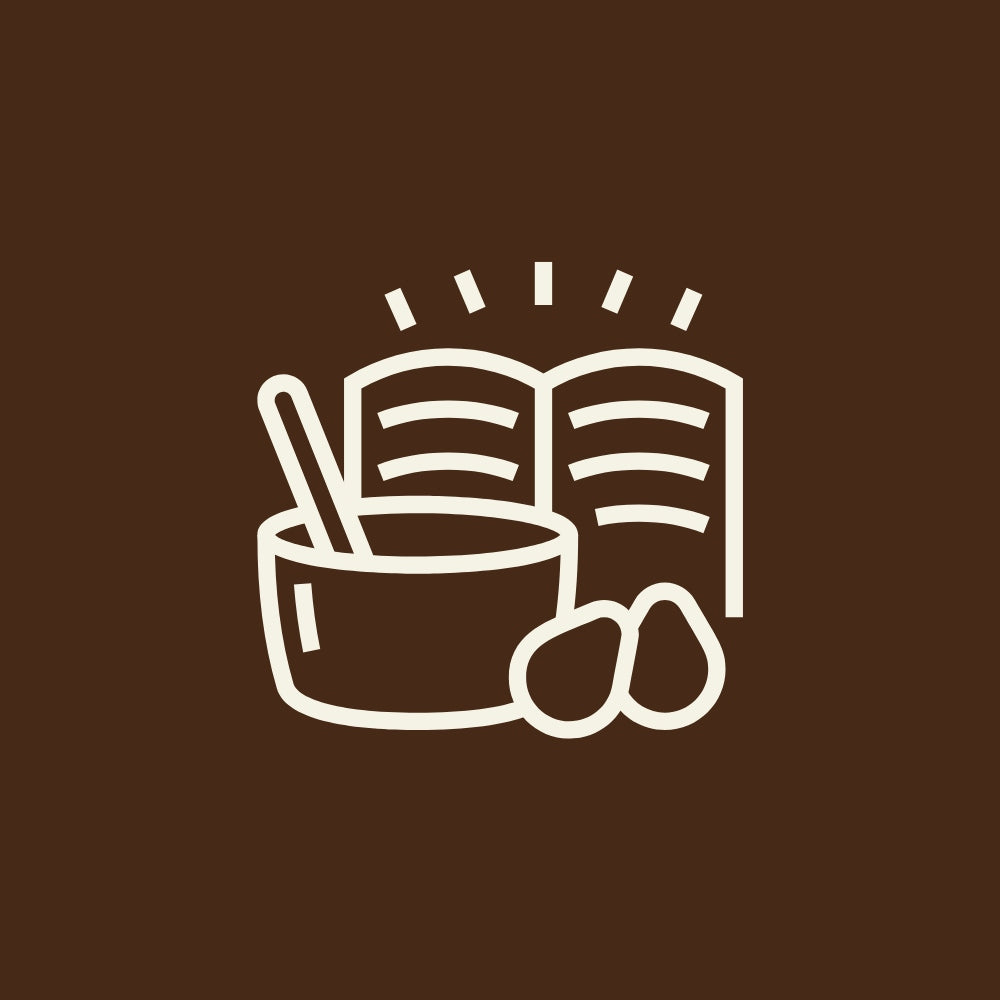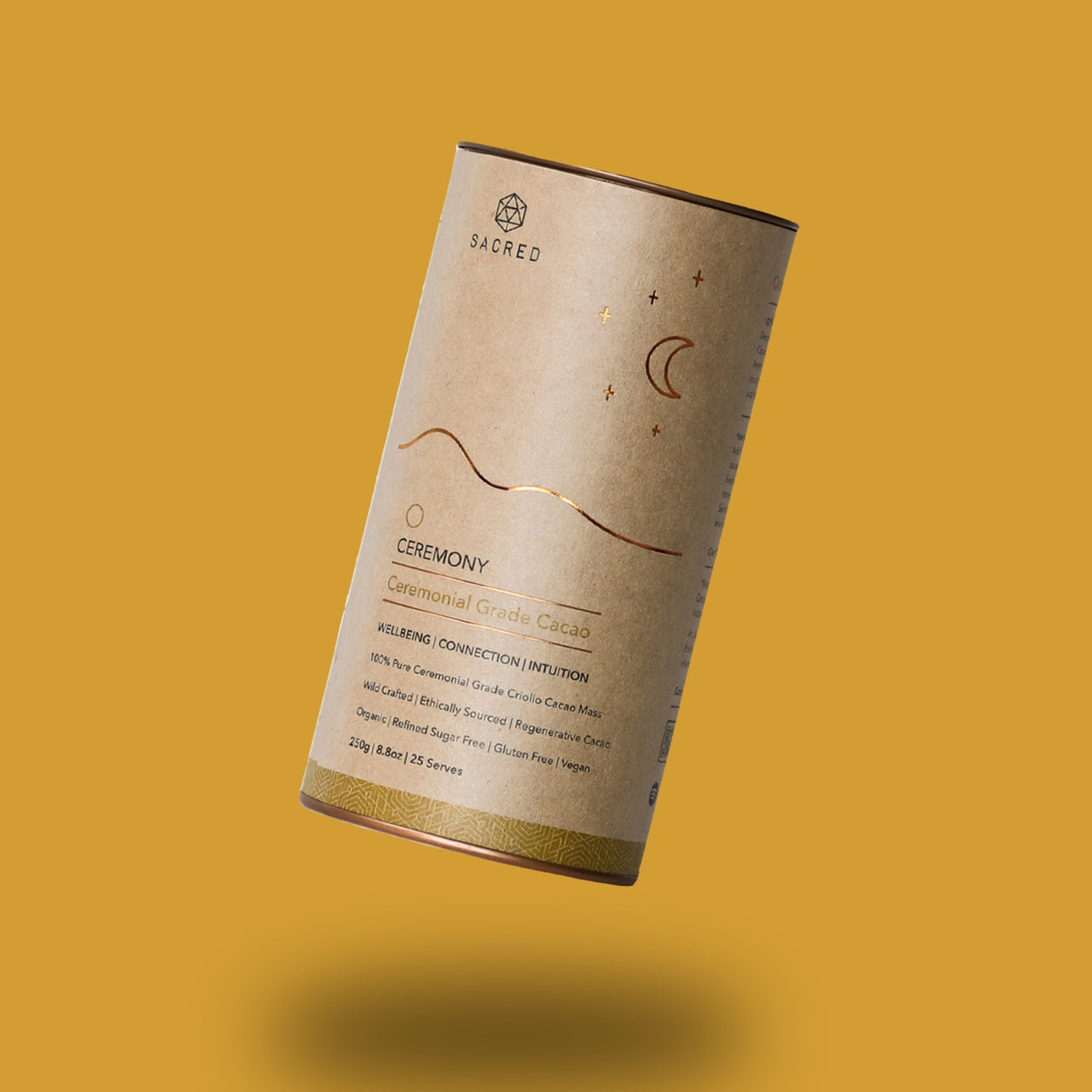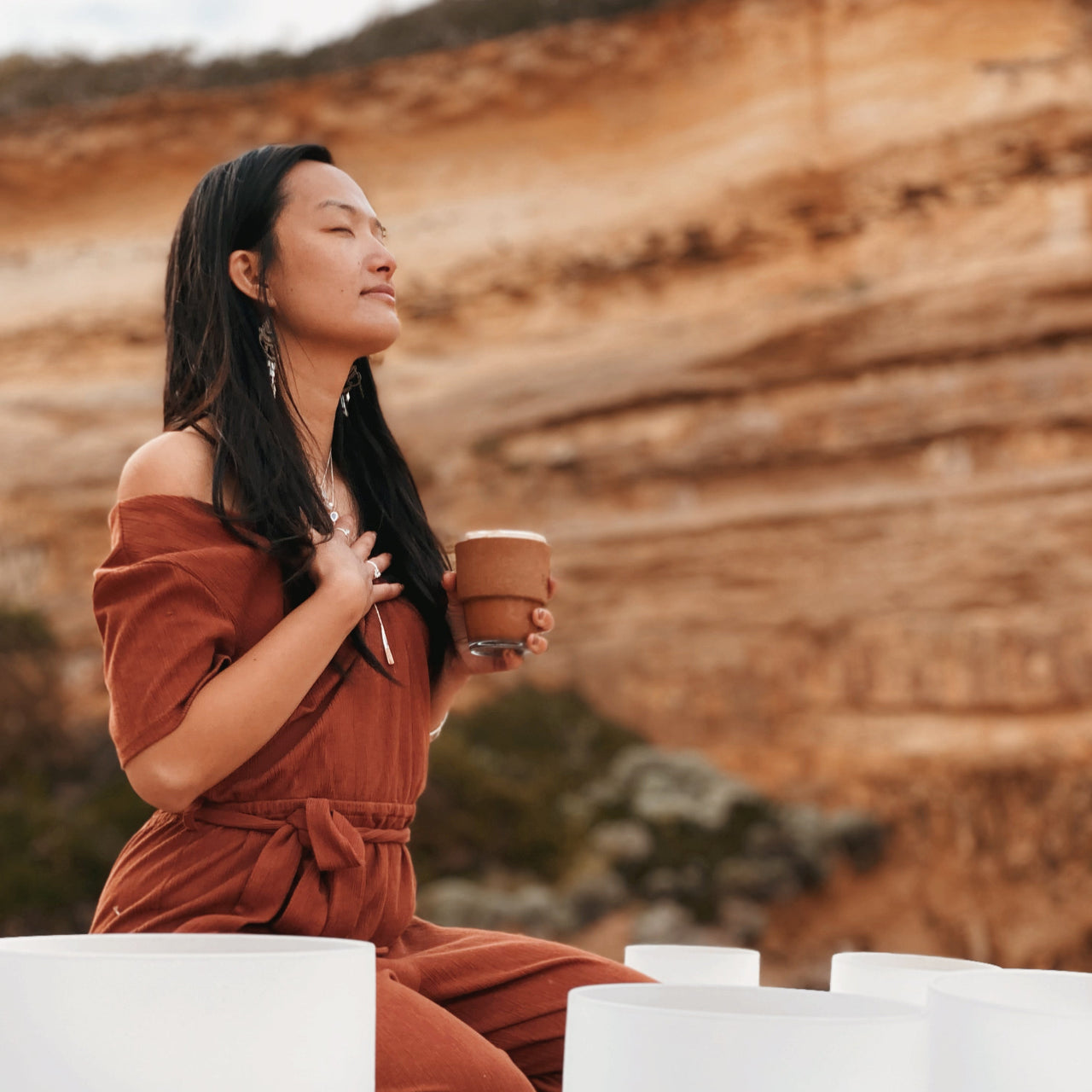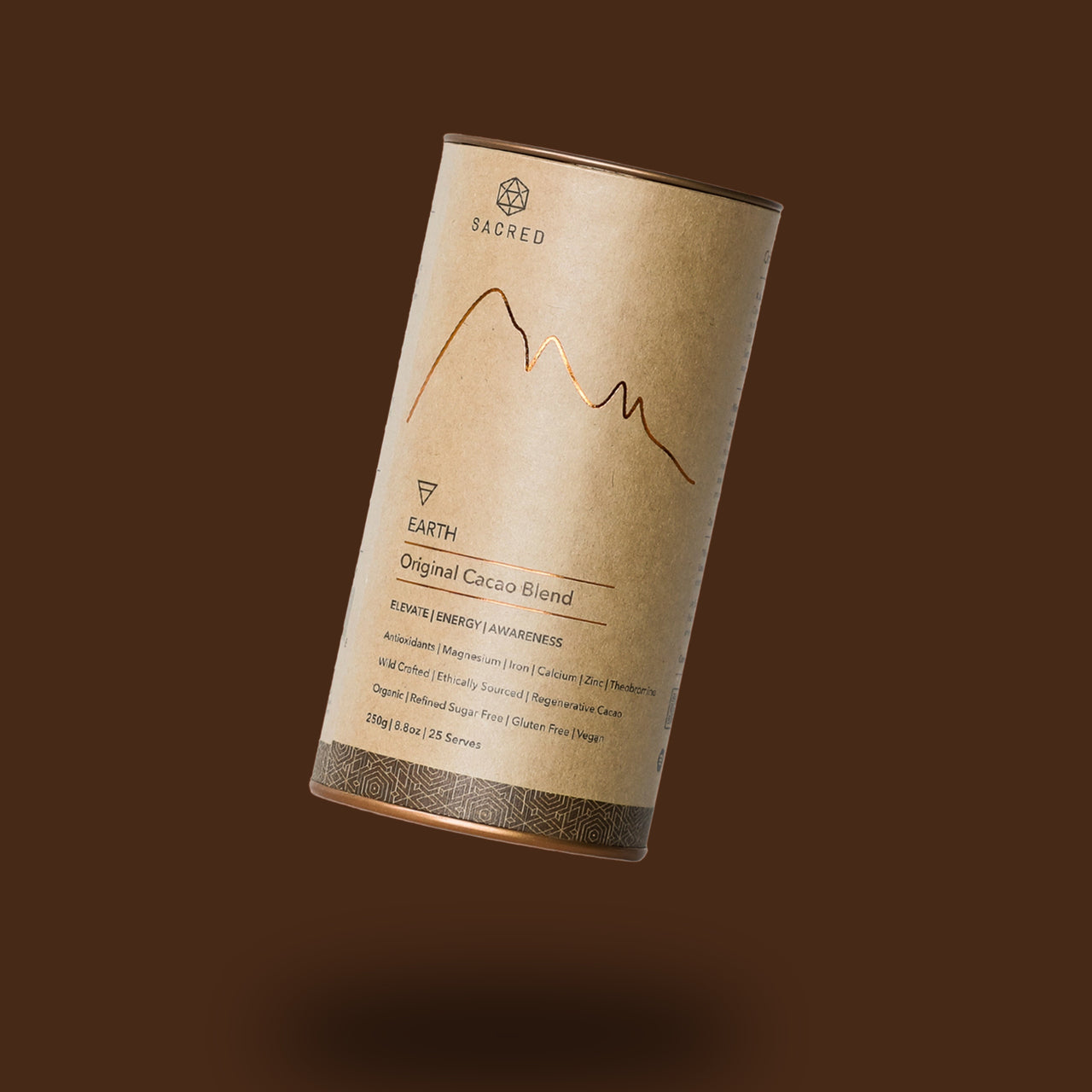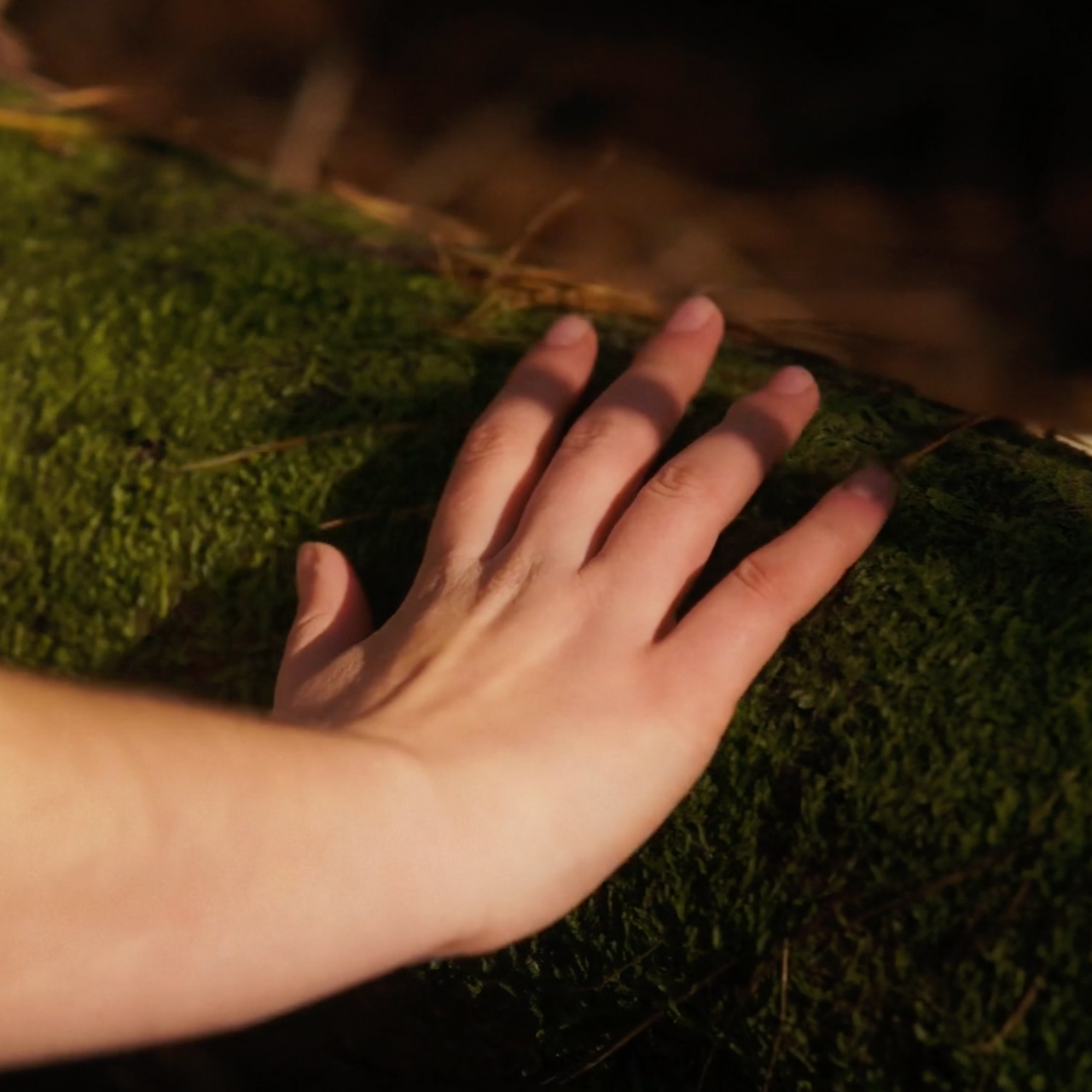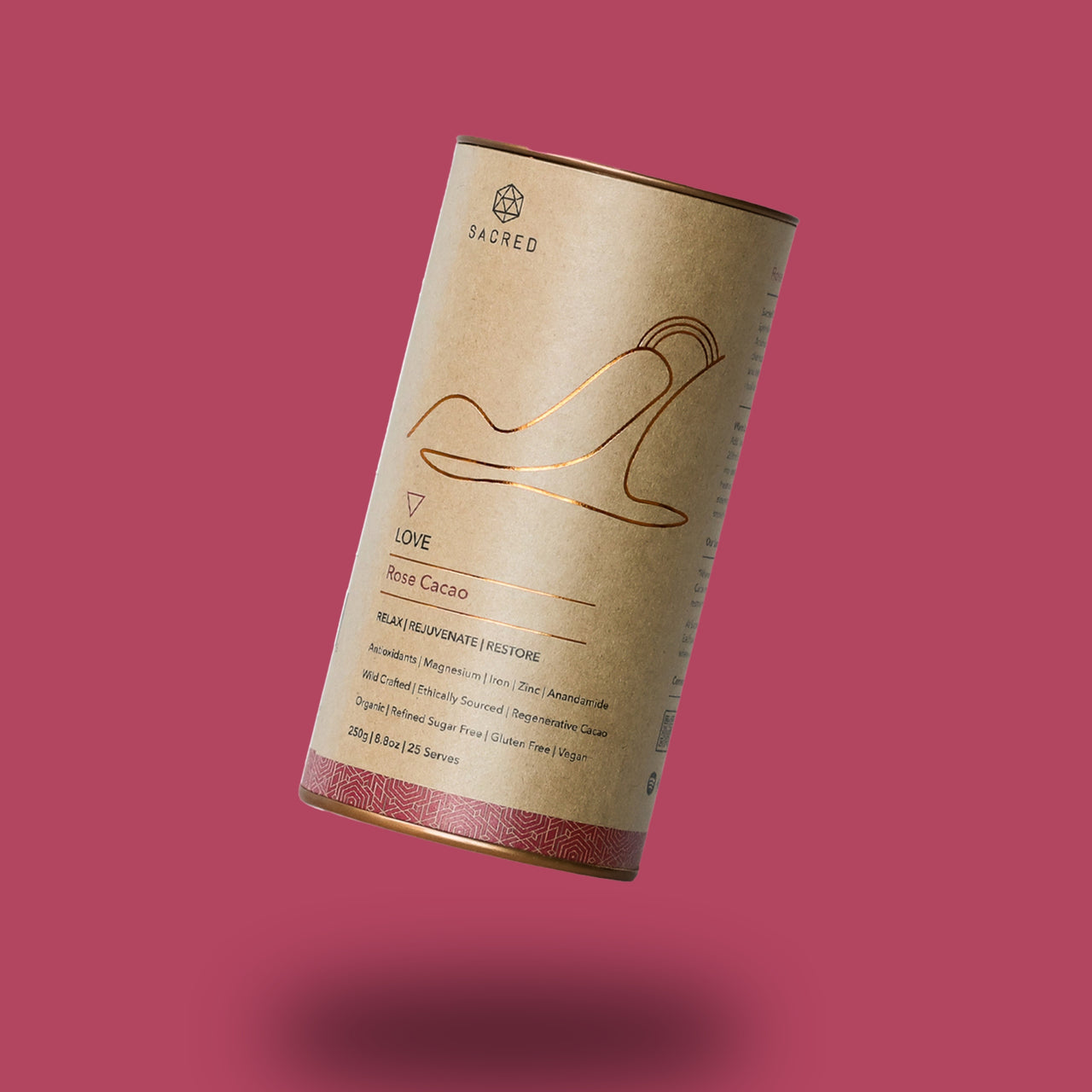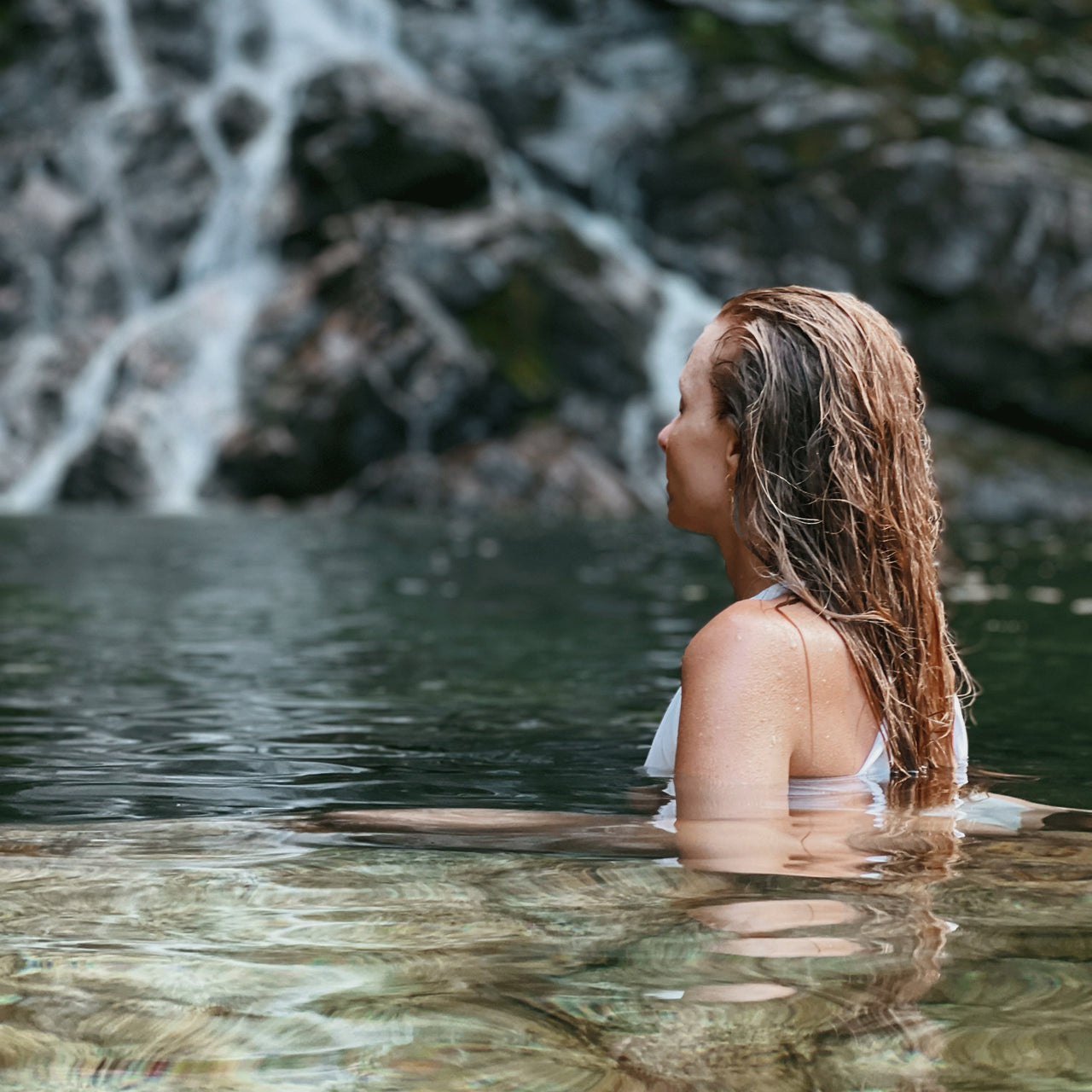If you’ve ever sat down with a square of dark chocolate after a long day, you might not have given much thought to where that rich, complex flavour began its journey. I certainly didn’t—at least not until I found myself, years ago, on a humid trek through Far North Queensland. The sticky air carried the faint scent of fermenting fruit from a nearby cacao farm, and as I ran my hand across the broad leaves of the tree, I realised I was standing next to a living ancestor of a story that stretches back thousands of years.
The origins of cacao aren’t just about agriculture or trade—they’re about people, rituals, and resilience. From sacred ceremonies to ancient marketplaces, cacao has touched nearly every aspect of the societies that nurtured it. This isn’t just another plant; it’s a thread that binds together entire civilisations.
In this piece, we’ll explore how cacao emerged from the dense forests of South America, how it shaped the daily lives and beliefs of the Maya and Aztec peoples, and why its story still matters today. Whether you’re curious about its botanical birthplace, its role in spiritual life, or the way it travelled across cultures, you’ll walk away with a clearer picture of why cacao was, and still is, so much more than food.
Tracing The Botanical Birthplace Of Cacao
Cacao, scientifically known as Theobroma cacao, has its roots firmly planted in the Amazon basin. Picture the north-western corner of the rainforest—where modern-day Colombia and Ecuador meet—and you’ve found the world’s most genetically diverse cluster of cacao. Botanists agree this is where the story begins.
When I visited a rainforest reserve near Cairns, I couldn’t help but compare the tropical conditions there with descriptions of the Amazon. Heavy rains that roll in like clockwork, humidity that clings to your skin, and the constant hum of insects—it all felt familiar. It made sense why cacao thrives in such environments. In Australia, strict quarantine laws prevent us from importing most live cacao plants, but up north, small farms still nurture varieties that trace their lineage back to this original heartland. It’s as if we’re keeping a quiet connection to its ancient birthplace alive on our soil.
Archaeological Breakthroughs: The First Known Use Of Cacao 5,000 Years Ago
The oldest confirmed evidence of human use of cacao isn’t from Mexico, as many once thought, but from northern Peru and southern Ecuador. Around 5,300 to 5,600 years ago, the Mayo-Chinchipe-Marañón culture left behind ceramic vessels and stone artefacts with microscopic traces of cacao.
What’s fascinating is how scientists pieced this puzzle together. They didn’t just find cacao seeds lying in the dirt. Instead, they discovered:
- Starch grains are shaped exactly like those from domesticated cacao.
- Chemical fingerprints of theobromine—a compound unique to cacao.
- DNA fragments showing cacao-specific genes.
Together, these three clues painted a picture of cacao being deliberately used and possibly even cultivated as early as 3350 BCE. Imagine that for a moment: while ancient Egyptians were still thousands of years away from constructing pyramids, South American communities were already fermenting cacao pulp or grinding seeds for drinks.
Mini-Timeline Of Cacao’s Earliest Origins
|
Year (approx.) |
Event |
Location |
|
3350 BCE |
First known human use of cacao |
Santa Ana-La Florida (Peru/Ecuador) |
|
1800 BCE |
The Olmecs began large-scale cultivation |
Southern Mexico |
|
600 CE |
Maya's widespread consumption of cacao drinks |
El Pilar, Guatemala |
|
1300 CE |
Aztecs elevate cacao to elite status |
Central Mexico |
This early evidence shifted the story of cacao from a simple Mesoamerican tale to a continental saga that began deep in the Amazon. It reminds us that history is often less about neat borders and more about shared threads weaving across time and geography.
How Cacao Spread Across Ancient Civilisations?
From South America To Mesoamerica — A Cultural Migration
Cacao didn’t stay tucked away in the Amazon forever. Over centuries, it travelled north, following trade routes that threaded along rivers and coastlines, carried in the hands of traders and migrating families. Think of it like a baton being passed in a relay race, except instead of running shoes and tracks, the paths were dugout canoes and jungle trails.
By the time cacao reached Mesoamerica—the vast region stretching from central Mexico down to Honduras—countless hands had already reshaped it. Each community gave it new meaning. If you’ve ever watched how quickly a food trend moves through modern Australia—say, when smashed avo or turmeric lattes swept every café from Melbourne to Perth—you’ll get the idea. Human beings are great at adopting, tweaking, and celebrating something new when it resonates with culture and taste.
The Olmecs — First Cultivators Of Chocolate
Long before the word “chocolate” ever existed, the Olmec people of southern Mexico were experimenting with cacao in ways that would set the stage for millennia. Around 1600 BCE, they weren’t just eating the pulp from the pods; they were developing techniques to ferment, dry, and grind the seeds into something far more complex.
Chemical residues found on Olmec pottery show cacao wasn’t just a snack—it was ceremonial, medicinal, and spiritual. The Olmecs believed cacao was more than food; it was power itself. Some scholars argue that the very word cacao comes from the Olmec language, “Kakawa.”
I remember walking through a small Indigenous-run cacao farm in northern New South Wales, where the farmer told me about how his ancestors also placed deep value on native plants. “We never ate just for eating’s sake,” he said. “Every plant had meaning.” The Olmecs were no different. For them, cacao was tied to blood and sacrifice, a way of honouring life and spirit.
Checklist: What The Olmecs Gave The World Of Cacao?
- First large-scale cultivators of the cacao tree.
- Developed early methods of fermenting and grinding seeds.
- Introduced cacao into ritual and symbolic life.
- Possibly coined the word “cacao” (Kakawa).
From this foundation, later civilisations would expand cacao’s role even further. The Olmecs may not have written much down, but their legacy still lingers in every sip of hot chocolate we take today.
Maya Traditions: Cacao As A Divine Gift
Sacred Stories And Spiritual Origins Of Cacao
For the Maya, cacao wasn’t just a drink; it was a divine thread woven into their very creation stories. Their myths tell of cacao as a gift from the gods, placed on earth to sustain and connect humans with the divine. One god in particular—Ek Chuah, the merchant deity—was honoured with annual festivals where cacao played centre stage.
When I first learned this, it reminded me of how Australians treat ANZAC biscuits each April—not just as food, but as a tradition imbued with meaning. For the Maya, a frothy cacao drink was more than nourishment. It was a way of speaking to the heavens.
Rituals often included cacao offerings in marriage ceremonies, burial rites, and festivals. Imagine a young couple, newly married, sipping a bitter, spiced cacao drink as a blessing for fertility and prosperity. Or picture rulers carried to their tombs with vessels of cacao, as though even in death they’d need that sacred sustenance.
Cacao For Everyone: From Elites To Commoners
For years, historians thought cacao was reserved for nobles and priests, an indulgence of the elite. But archaeological digs at El Pilar, a sprawling Maya city on the Guatemala-Belize border, tell a different story. Residues of cacao have been found in everyday households, suggesting ordinary folk also enjoyed the drink.
It makes sense when you think about it. Just like coffee in Australia, what might start as a luxury for a few eventually becomes woven into the fabric of daily life. By the Late Classic period (around 600–900 CE), cacao had spread across Maya society, enjoyed in bustling markets and family homes alike.
The First Currency: Paying With Cacao Beans
Perhaps the most extraordinary part of Maya cacao culture was its use as currency. A handful of cacao beans could buy you a rabbit, while 100 beans might fetch a slave. Taxes and tributes were often paid in beans, and the economy itself was partly built on these little brown treasures.
There’s even evidence of counterfeit beans—empty shells filled with mud to fool the unsuspecting buyer. It’s the ancient equivalent of being short-changed at the local shop.
Table: The Value Of Cacao Beans In Maya Trade
|
Goods or Services |
Cost in Cacao Beans |
|
Rabbit |
10 beans |
|
Canoe paddle |
20 beans |
|
Slave |
100 beans |
|
Turkey hen |
200 beans |
The Maya didn’t just consume cacao—they built their spiritual life, economy, and everyday practices around it. When I walked through a bustling Saturday market in Oaxaca years ago, I could still see traces of this history. Vendors called out prices for their fresh cacao paste, the same way their ancestors once traded beans. The continuity of culture was palpable.
Aztec Cacao History And Rituals

Montezuma’s Cup — Chocolate For Power And Passion
By the time the Aztecs rose to prominence around the 14th century, cacao had already been elevated to near-mythical status. For them, it wasn’t just a crop—it was a divine elixir, reserved for warriors, nobles, and rulers. Their frothy drink, known as xocolatl (“bitter water”), was blended with chilli, vanilla, and maize. The taste was strong, spicy, and nothing like the sweet treat we know today.
The most famous fan of cacao was Emperor Montezuma II. Chroniclers wrote that he consumed up to 50 cups of xocolatl a day, believing it gave him vigour, stamina, and a touch of passion. Imagine someone in modern-day Sydney downing that many double espressos—you’d either be inspired or alarmed. But for Montezuma, cacao wasn’t indulgence; it was armour for the body and soul.
When I stood in the ruins of Templo Mayor in Mexico City, I could almost picture the emperor lifting a golden goblet filled with that dark, foamy drink. The air was heavy with incense, the city alive with ceremony—it gave me goosebumps.
Heart, Blood, And Sacrifice: Cacao In Aztec Belief
For the Aztecs, cacao wasn’t just fuel; it was life essence itself. They linked it directly to blood and the human heart. Words like yollotl, eztli (“heart blood”) show just how deeply cacao was embedded in their worldview. In some ceremonies, cacao drinks were offered to victims before sacrifice, seen as a final comfort or perhaps a bridge between worlds.
It sounds grim, but to the Aztecs, it was an act of honour. Just as Australians lay wreaths of poppies on Remembrance Day to symbolise blood and sacrifice, the Aztecs saw cacao as a sacred representation of vitality and continuity.
The Word “Chocolate” — From Xocolatl To Global Fame
The very word “chocolate” owes its roots to this period. While scholars debate the exact origin, most agree it draws from xocolatl, the Aztec word for “bitter water.” Some argue it’s a blend of Aztec and Maya terms, refined during colonial times in Guatemala.
Either way, the Aztecs gave us not just a cultural legacy, but a linguistic one. Every time we say “chocolate,” we echo its history.
Quick Snapshot: Aztec Cacao Culture
- Reserved for nobles, warriors, and rulers.
- Consumed as xocolatl, a bitter, spiced drink.
- Linked to vitality, blood, and ritual sacrifice.
- Emperor Montezuma’s legendary consumption.
- Root of the modern word “chocolate.”
By the time the Spanish arrived in the early 16th century, cacao had already been elevated to one of the most precious elements of Aztec society. When Europeans first tasted it, their reactions were mixed—bitter, spicy, strange. But as sugar and cinnamon were introduced, a new chapter began. Still, it’s worth remembering that long before it became a global commodity, cacao was blood, power, and sacred spirit in Aztec life.
How Ancient Peoples Prepared Cacao?
From Bean To Drink — The Four-Step Transformation
If you’ve ever roasted coffee at home or brewed a home-made beer, you’ll know the magic lies in the process as much as the raw ingredients. Ancient peoples understood this instinctively. Transforming cacao beans into a drink wasn’t a matter of plucking them from a pod and tossing them in water—it was a deliberate, four-step ritual: fermenting, drying, roasting, and grinding.
Fermentation was the crucial step. The white, sticky pulp surrounding the beans, called baba, was packed with sugars. Left in heaps or shallow pits, the pulp would bubble away under the heat, yeasts, and bacteria. This wasn’t just about preservation—it was flavour alchemy. It toned down bitterness and laid the foundation for the complex taste we still crave today.
I once helped on a small cacao farm in Far North Queensland, where fermentation boxes were lined up like wooden coffins, steaming gently in the morning air. You could hear the faint fizzing sound if you stood close enough, like soft rain on a tin roof. The farmer explained that without this stage, “chocolate would taste like chewing bark.” He wasn’t exaggerating.
Bitter, Spicy, And Frothy — The Original Chocolate Recipe
Forget the sweet, creamy hot chocolate you might sip in a Melbourne café. The original cacao drink was a bracing, bitter, and spicy concoction. Beans were roasted until they cracked, ground into a paste, then mixed with water, maize, chilli peppers, vanilla, or annatto. The result was poured back and forth between vessels to create foam, which was highly prized.
The taste? By modern standards, probably confronting. But for the Olmecs, Maya, and Aztecs, the frothy bitterness was a mark of authenticity and strength. It wasn’t about indulgence; it was about vitality.
Imagine a Maya merchant taking a break from a gruelling jungle trek. He sets down his pack of obsidian blades, takes out a clay cup, and sips a steaming, spiced cacao brew. It’s not comfort food—it’s fuel, ritual, and medicine rolled into one.
Cacao Chicha: The Forgotten Fermented Drink
Before the seeds themselves became the star, some of the earliest South American uses of cacao centred on the sweet pulp. Communities would ferment it into a light, alcoholic drink known as cacao chicha. Think of it as the ancestor of today’s ciders or fruit wines—refreshing, communal, and likely enjoyed at gatherings.
It’s easy to imagine how cacao chicha might have paved the way for experimentation with the seeds. Once people realised the byproduct—the beans—could be roasted and ground into something equally potent, cacao’s destiny changed forever.
Comparison Table: Ancient Cacao Drinks
|
Type of Drink |
Ingredients |
Taste Profile |
Social Role |
|
Spiced Cacao Drink |
Cacao paste, water, chilli, maize |
Bitter, spicy, frothy |
Rituals, elite consumption |
|
Cacao Chicha |
Fermented cacao pulp |
Sweet, mildly alcoholic |
Gatherings, early festivals |
The methods developed thousands of years ago are surprisingly familiar to us today. Whether it’s brewing craft beer in suburban Brisbane or carefully tempering chocolate in a Sydney kitchen, the principle is the same: humans taking nature’s raw gifts and transforming them into something richer through patience, skill, and a bit of experimentation.
Cacao’s story is one of resilience, migration, and meaning. From the steaming rainforests of the Amazon to the grand temples of the Aztecs, this humble tree has shaped civilisations, economies, and rituals for over 5,000 years. Its role as sacred drink, currency, and cultural icon reminds us that food is never “just food.” It’s story, spirit, and survival.
When I look back at standing under cacao trees in Far North Queensland, I’m struck by the continuity. The conditions felt eerily like the descriptions of the Amazon—thick air, damp soil, relentless insect chatter. It was a reminder that even here in Australia, we can touch something ancient and universal.
Cacao is more than chocolate. It is a sacred plant that carries myths, powers, economies, and brings communities together. And understanding where it comes from doesn’t just answer a historical curiosity—it helps us respect its cultural significance and see its future more clearly.







